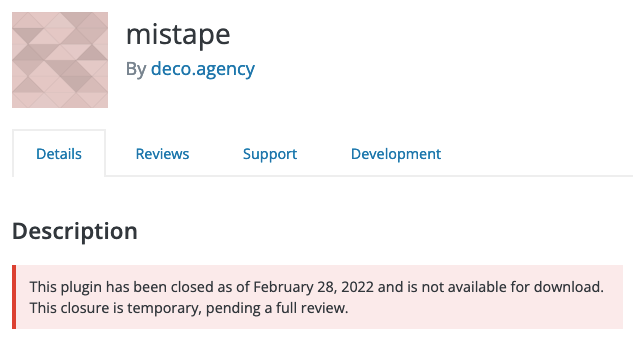Not Really a WordPress Plugin Vulnerability, Week of April 15
In reviewing reports of vulnerabilities in WordPress plugins to provide our customers with the best data on vulnerabilities in plugins they use, we often find that there are reports for things that don’t appear to be vulnerabilities. For more problematic reports, we release posts detailing why the vulnerability reports are false, but there have been a lot of that we haven’t felt rose to that level. In particular, are items that are not outright false, just the issue is probably more accurately described as a bug. For those that don’t rise to the level of getting their own post, we now place them in a weekly post when we come across them.
Admin+ Arbitrary File Upload to RCE in WP Import
Earlier this week we saw a concerning changelog entry for the plugin WP Import: [Read more]
